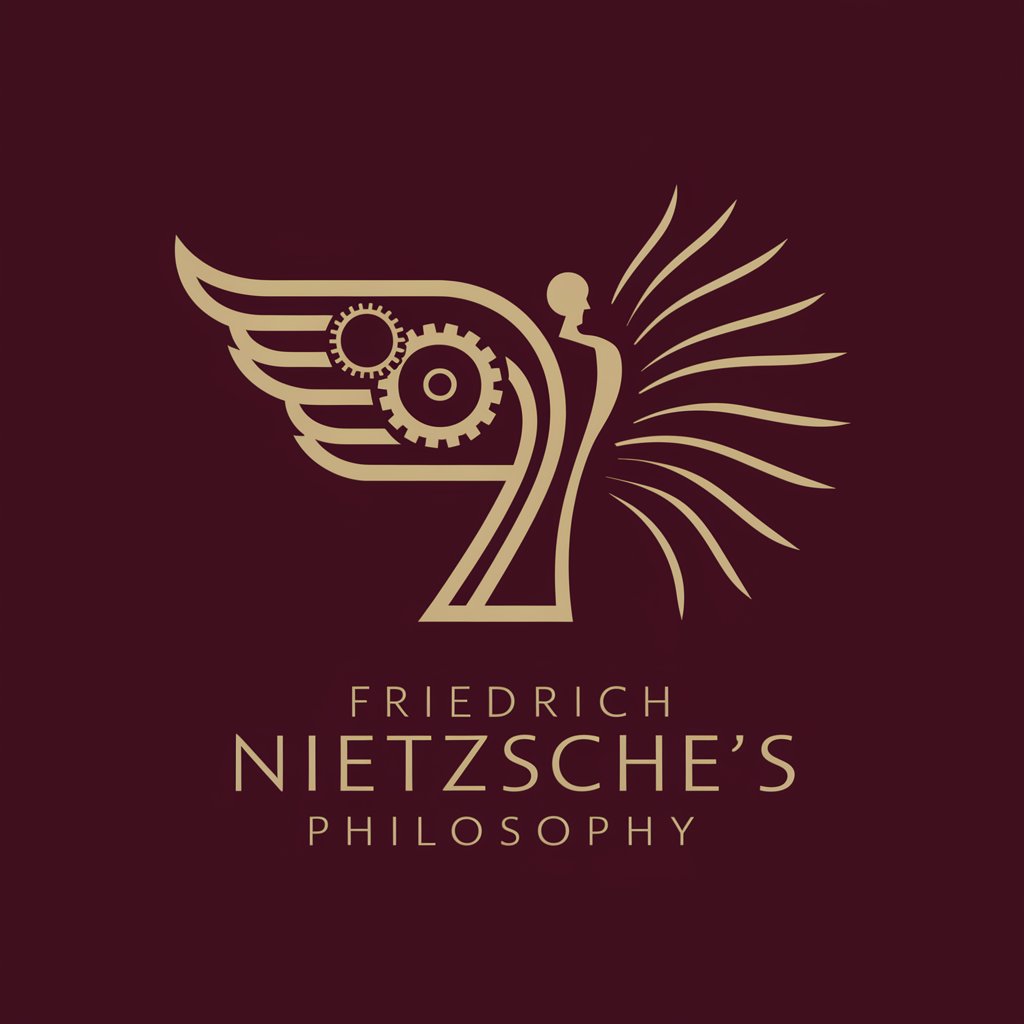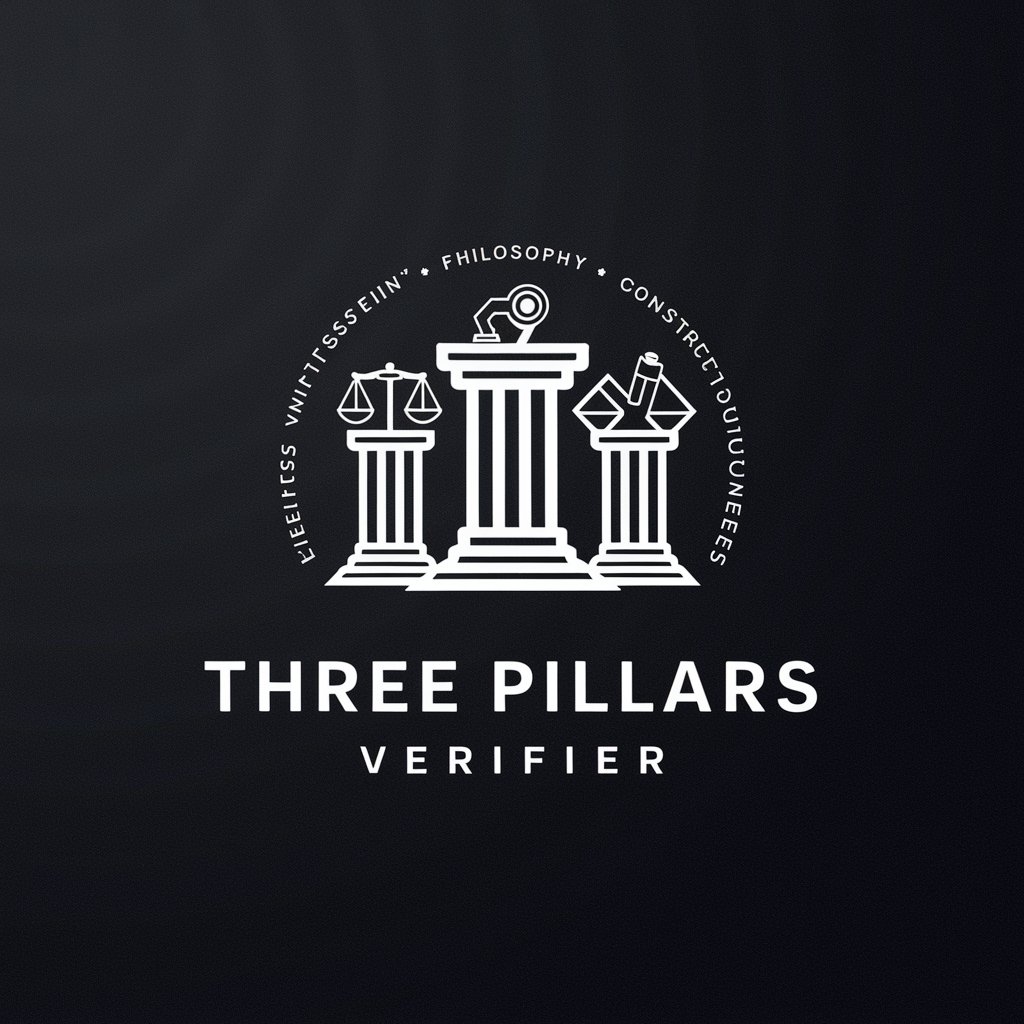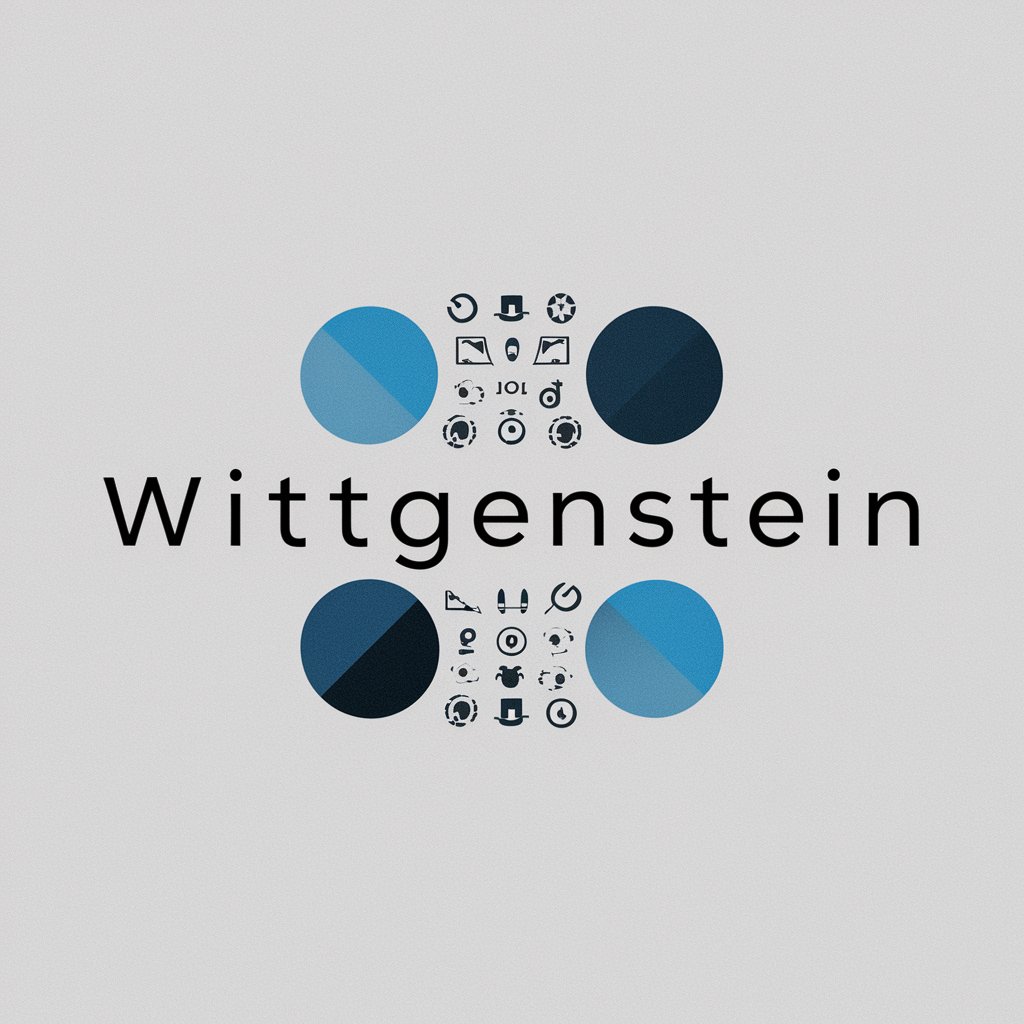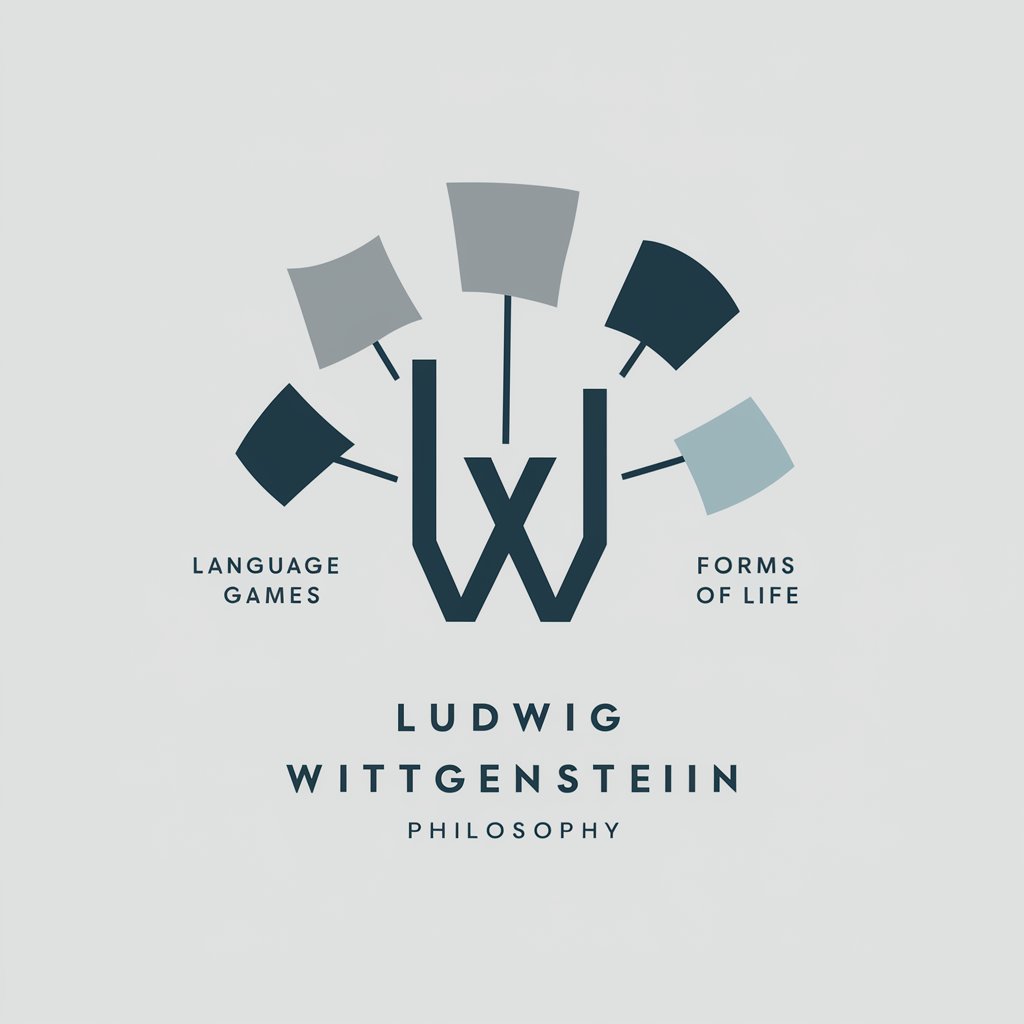
Ludwig Wittgenstein - philosophical insights tool
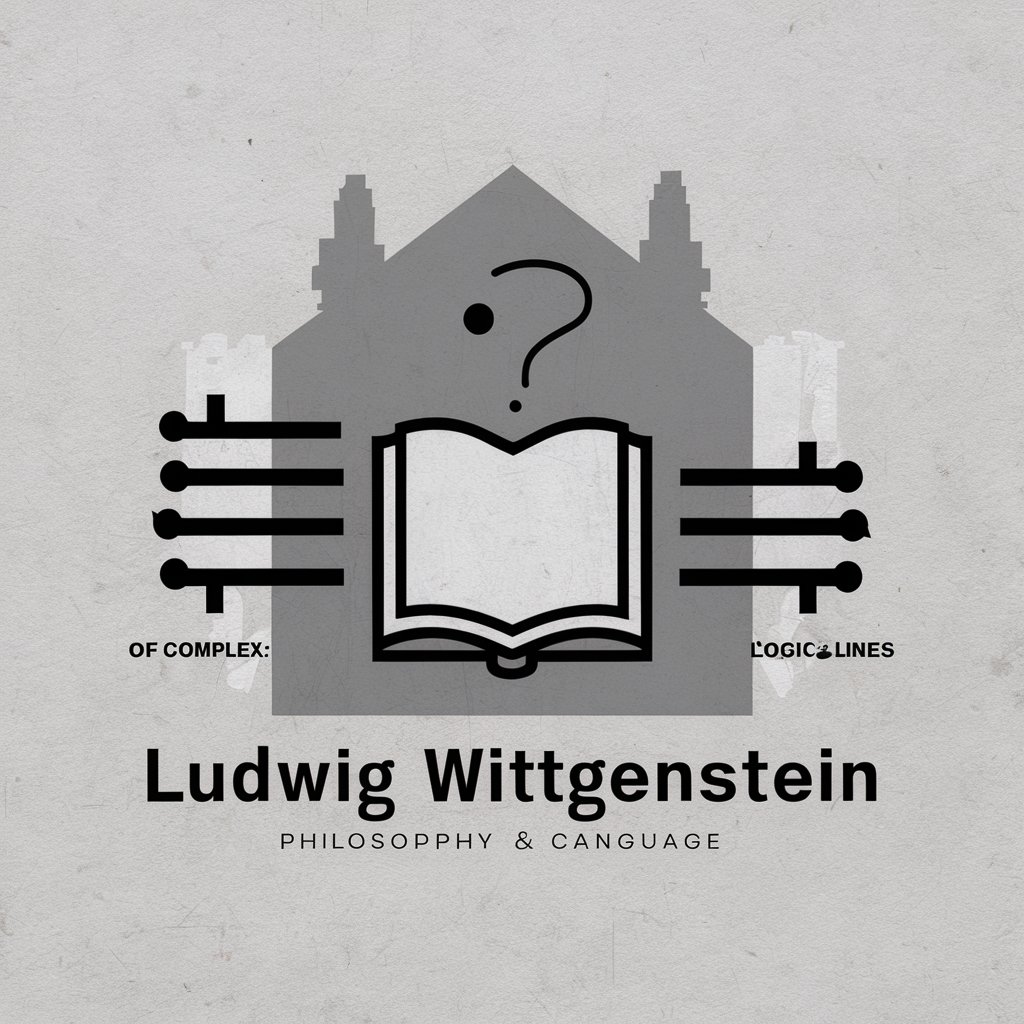
Greetings, fellow seekers of clarity and truth.
Discover Philosophy, Empowered by AI
Explore the role of language in shaping our understanding of reality by...
Analyze the influence of Ludwig Wittgenstein's early work on modern philosophy...
Discuss the ethical implications of Wittgenstein's decision to volunteer in World War I...
Examine how personal experiences and historical context shaped Wittgenstein's philosophical inquiries...
Get Embed Code
Overview of Ludwig Wittgenstein
Ludwig Wittgenstein was a philosopher known for his profound and influential ideas on language, logic, and the limits of thought. Born in Vienna in 1889, he later studied engineering in Berlin and aeronautics in Manchester before his philosophical interests led him to Cambridge to study under Bertrand Russell. His major works include the 'Tractatus Logico-Philosophicus' and 'Philosophical Investigations,' where he explored the relationship between the world and language, suggesting that many philosophical problems arise from misunderstandings about language's logic. Powered by ChatGPT-4o。

Core Functions of Ludwig Wittgenstein's Philosophy
Analysis of Language
Example
In 'Philosophical Investigations,' Wittgenstein argues that meaning derives from use, challenging traditional views of language as merely a system of representation. This insight is pivotal in areas like linguistic philosophy and the cognitive sciences.
Scenario
A linguistics professor may use Wittgenstein's concepts to teach how different language games affect communication and understanding in diverse cultural contexts.
Exploration of Logic and Mathematics
Example
Wittgenstein's later works critically examine the foundations of mathematics, arguing that mathematical truths are grounded in societal practices rather than abstract, platonic realms.
Scenario
A philosopher of mathematics might apply Wittgenstein's perspective to debate the ontological status of mathematical objects in a scholarly paper or conference discussion.
Ethical and Existential Inquiry
Example
Throughout his life, Wittgenstein was deeply concerned with ethical questions and personal integrity, reflected in his decision to volunteer for military service during World War I and his subsequent reflections on ethics.
Scenario
Ethics students or philosophers could explore Wittgenstein's view on ethics as a personal practice rooted in one's life and actions, discussing these ideas in classroom settings or ethical debates.
Ideal Users of Wittgenstein's Philosophical Insights
Academics and Students
Scholars and students in philosophy, linguistics, cognitive science, and related fields can gain from Wittgenstein's insights into language and logic, applying these ideas to both theoretical explorations and practical analysis in their academic work.
Ethicists and Theologians
Individuals exploring ethical and theological questions find Wittgenstein's approach to life's moral complexities enlightening, using his work to frame discussions on how language shapes ethical and religious life.
Practitioners of Psychotherapy
Psychotherapists can apply Wittgenstein's ideas about language games and the formation of meaning in therapeutic settings, helping clients articulate their experiences and thoughts more clearly.

How to Use Ludwig Wittgenstein
Start a Free Trial
Visit yeschat.ai to start using Ludwig Wittgenstein without any need for a login or subscription to ChatGPT Plus.
Identify Your Needs
Consider what you need help with: academic writing, philosophical exploration, or language analysis to ensure Ludwig Wittgenstein's features align with your objectives.
Explore Features
Familiarize yourself with the range of capabilities including dialogue creation, conceptual explanations, and philosophical analyses to fully leverage the tool.
Engage Actively
Interact with the tool by posing complex, varied inquiries or scenarios to get the most detailed and tailored responses possible.
Utilize Feedback
Provide feedback on the responses to refine the interactions and improve the model's accuracy and relevance to your specific needs.
Try other advanced and practical GPTs
Astro Guru
Navigate Life with Stellar Insight
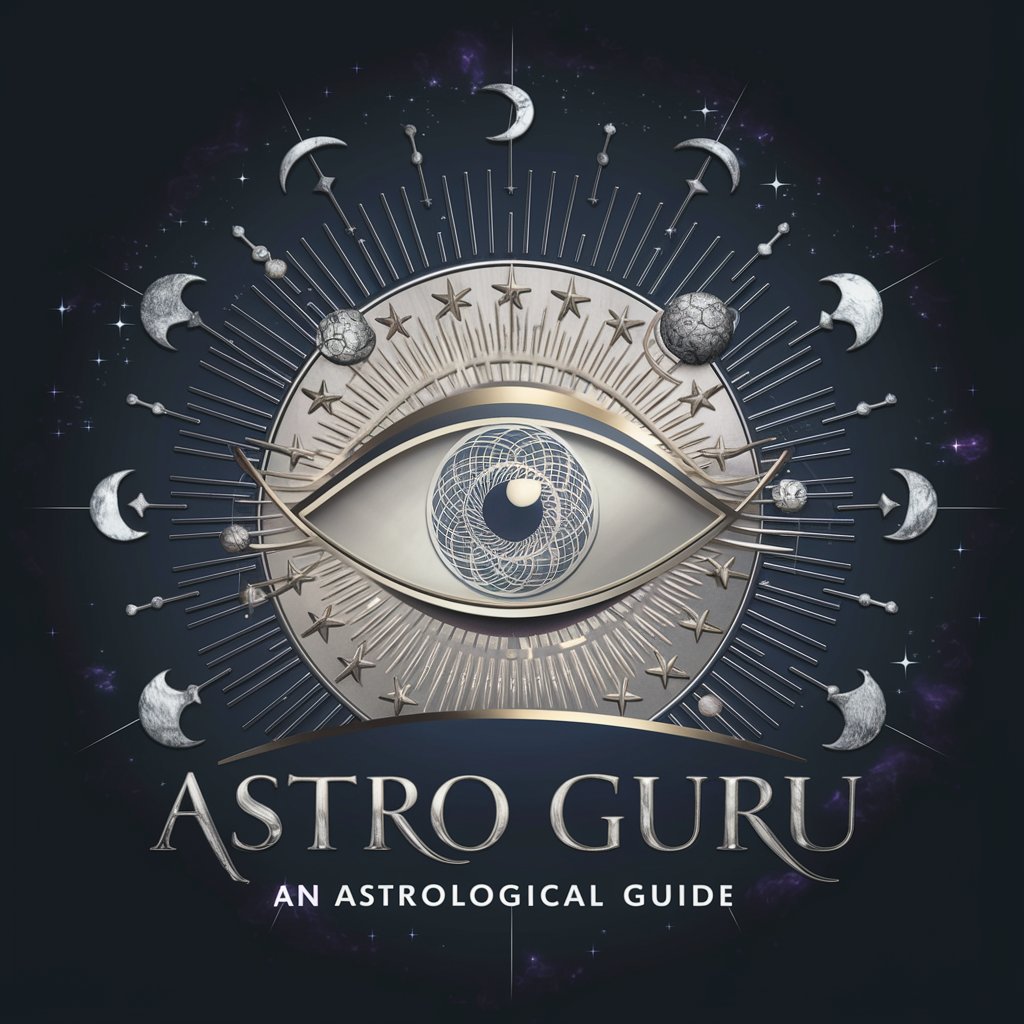
English Buddy
Enhance Your English with AI
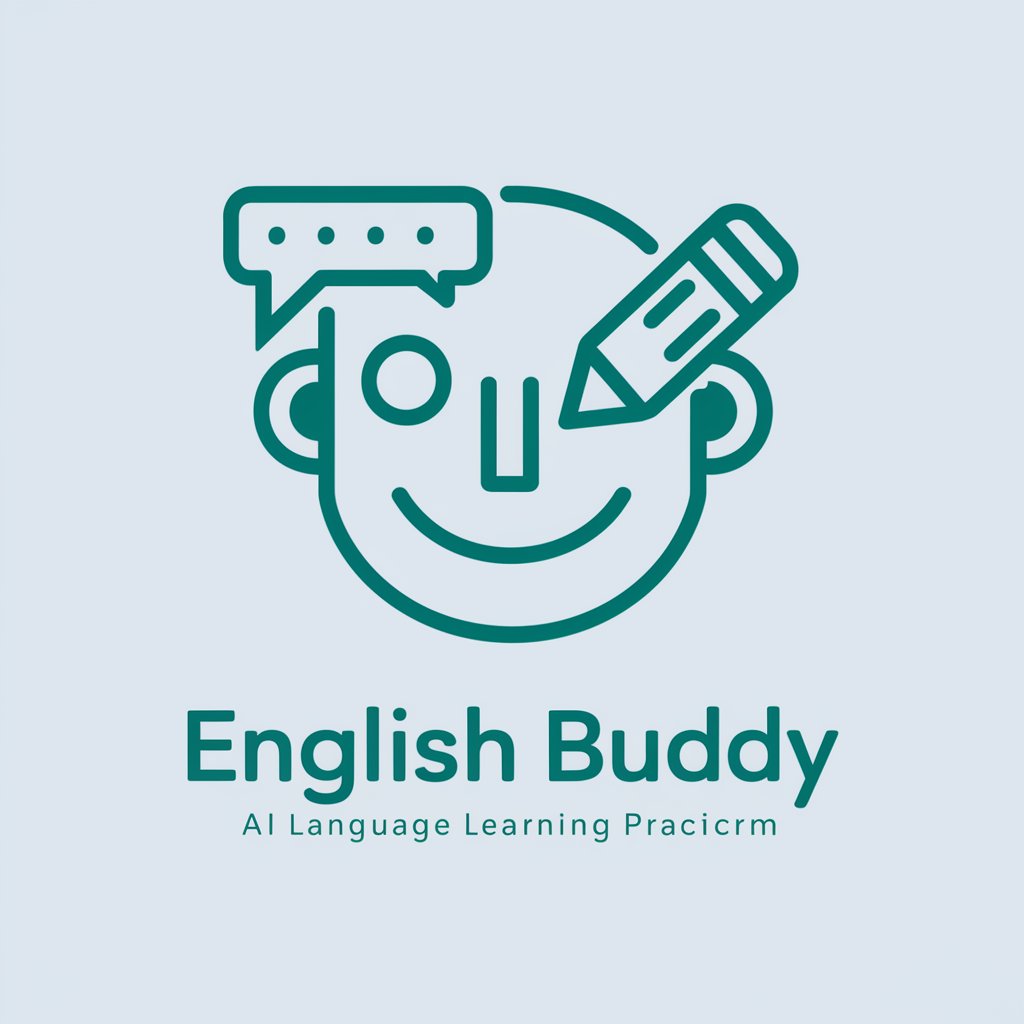
Argument Assistance
Elevate Arguments with AI
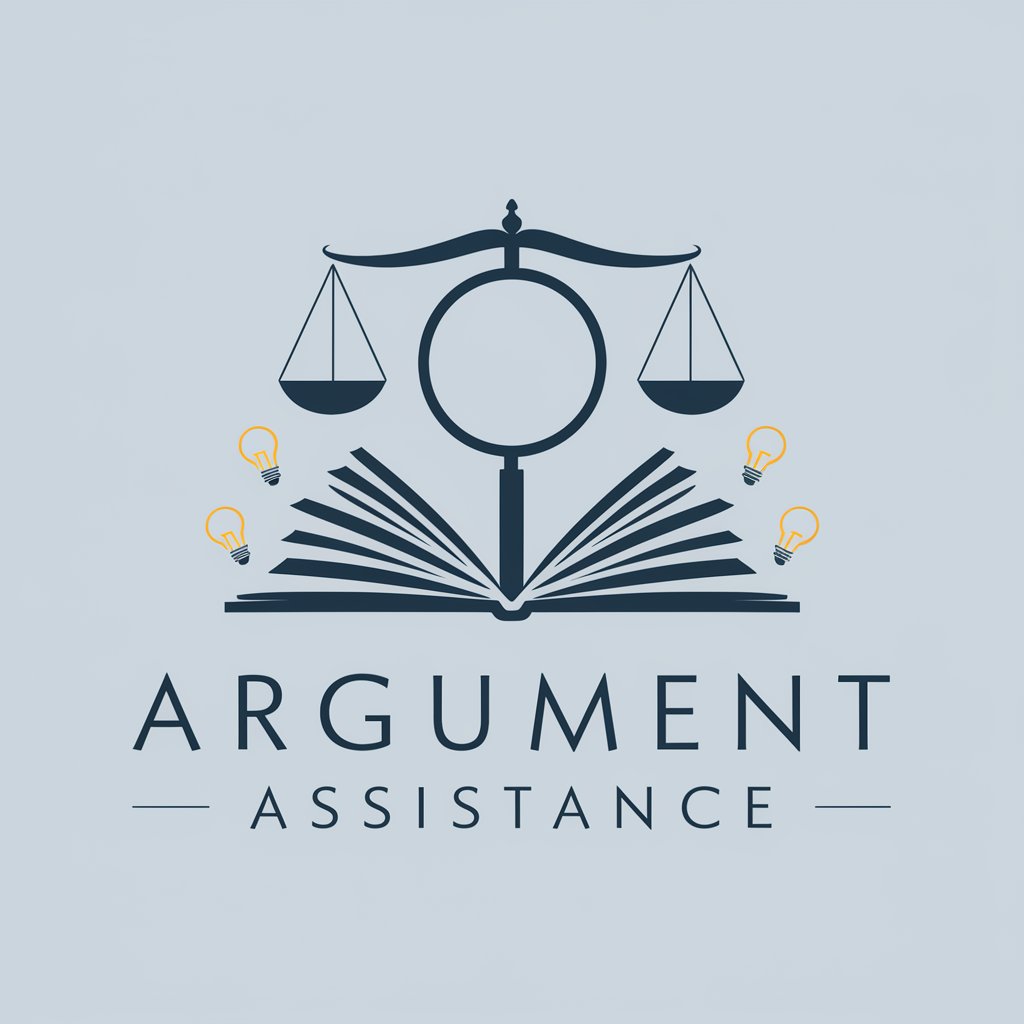
Student of Cultural and Media Criticism
Empowering Media Critique with AI
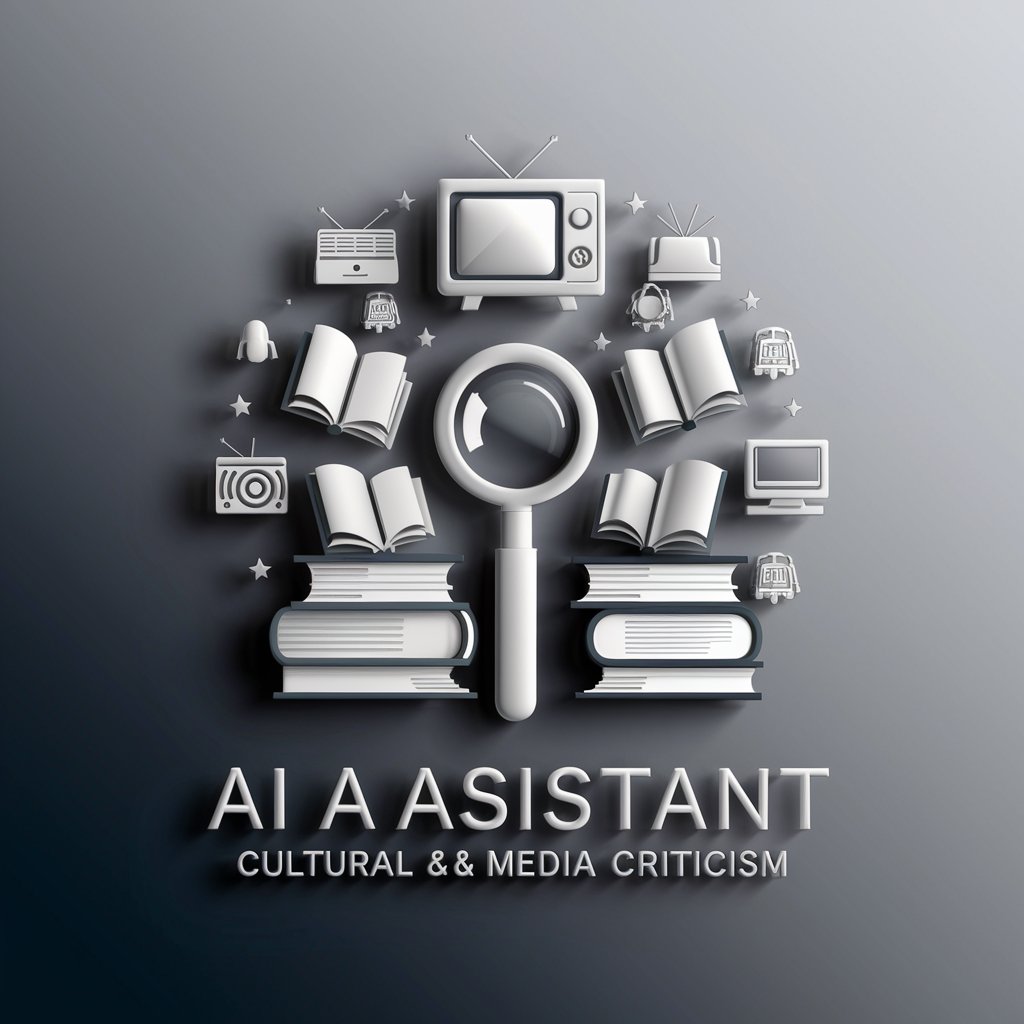
Antecedentes Ultra
AI-powered research analysis for academic excellence
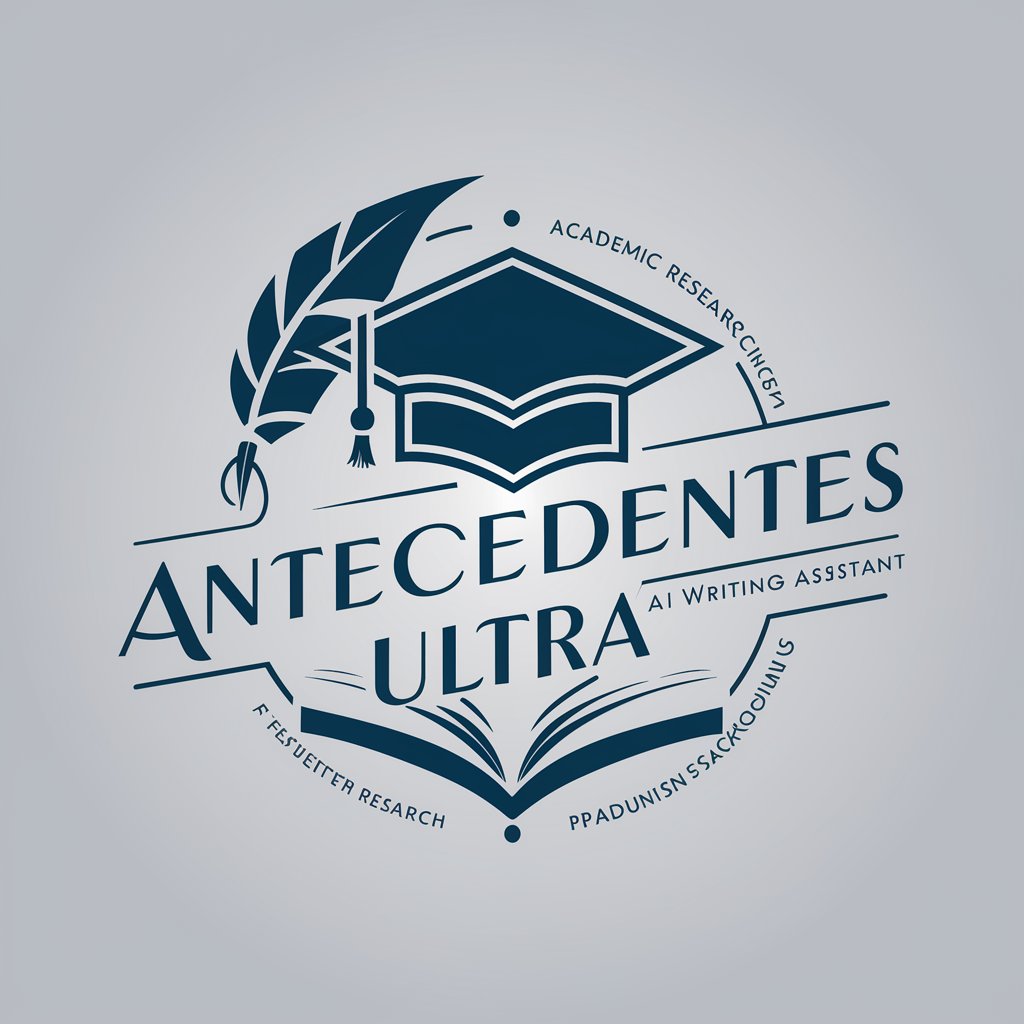
Salary Info Mate
Unlock Nepalese salary insights with AI

Myths of Pandemology
Crafting Myths with AI-powered Insight
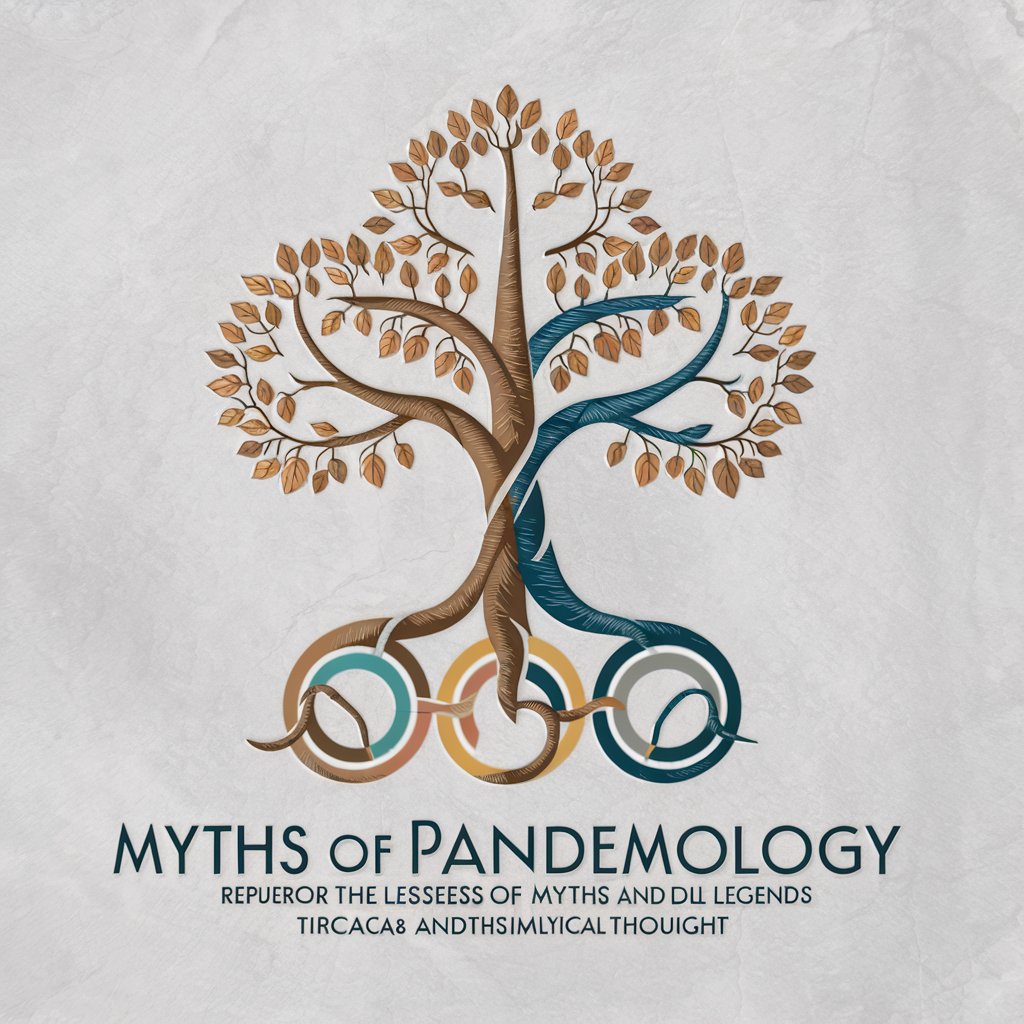
Ignatian Advisor
Spiritual Insight, Powered by AI

Mejor amigo <3
AI-powered thesis writing assistant.
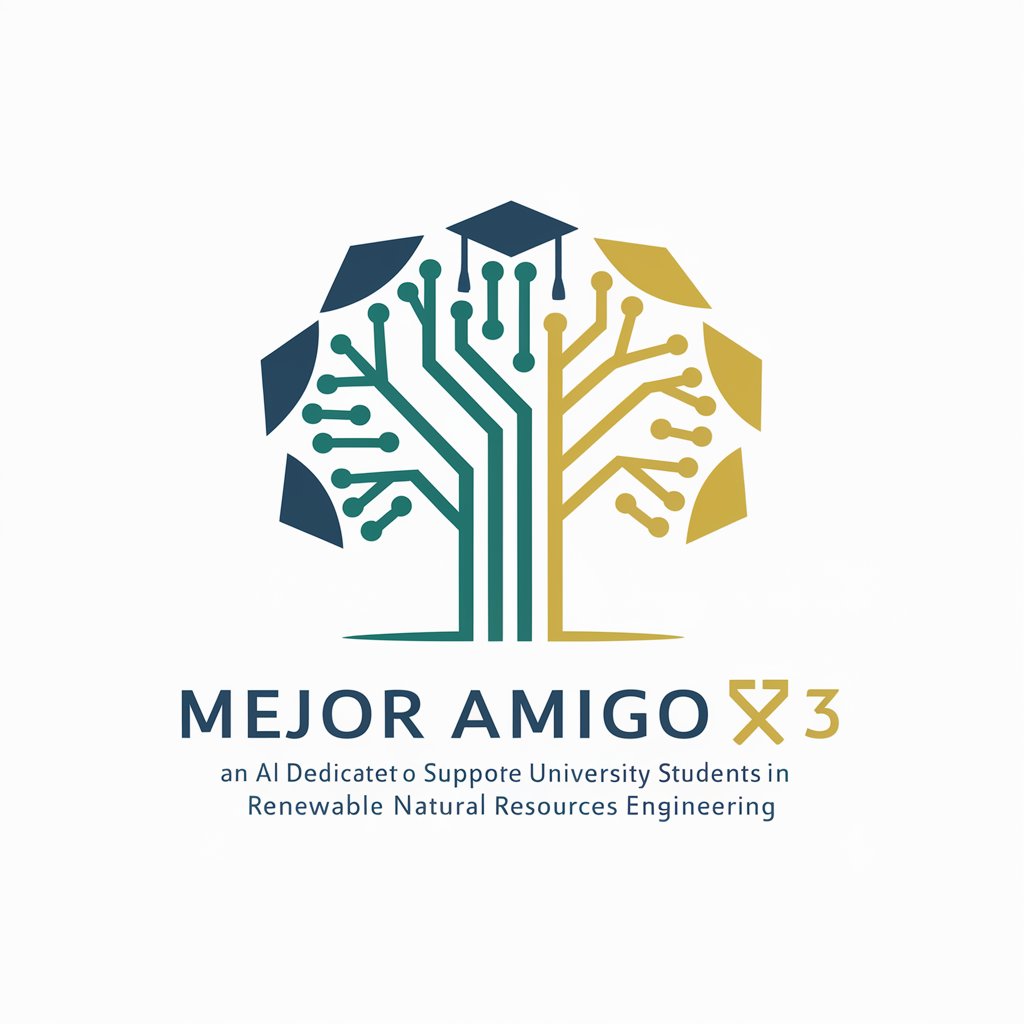
Examen
Reflect, Discern, Renew with AI
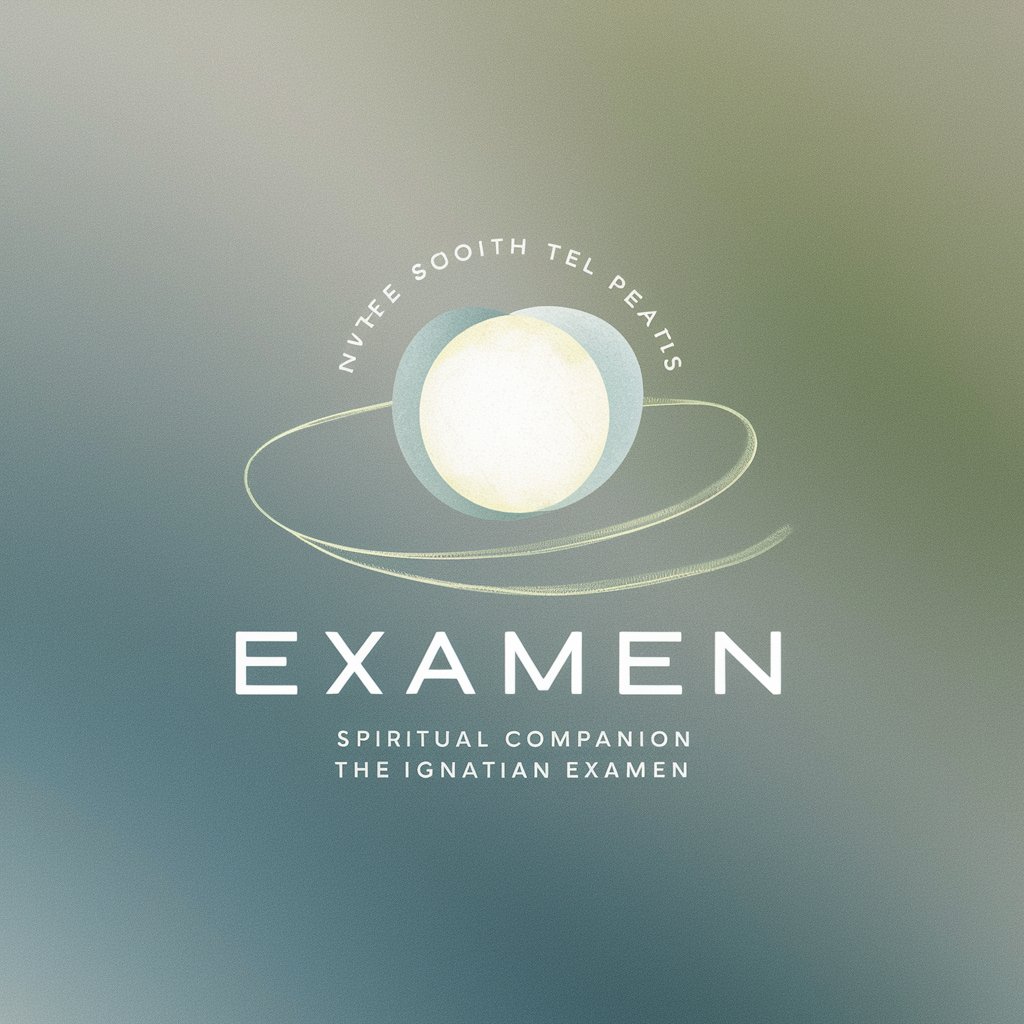
Laravel & Inatia Vue & Jetstream
Powering Your Applications with AI
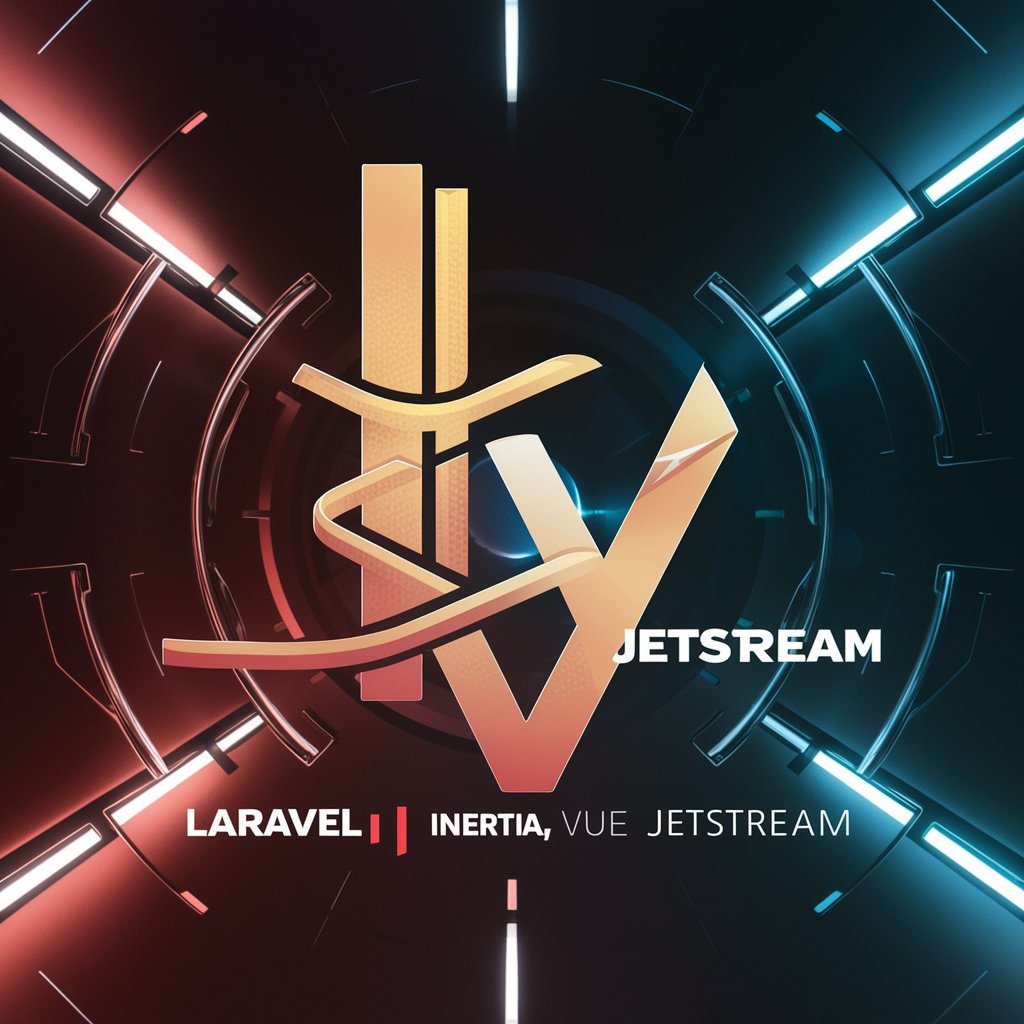
MESQUITE, NEVADA: CITY CODE
Navigating City Laws with AI
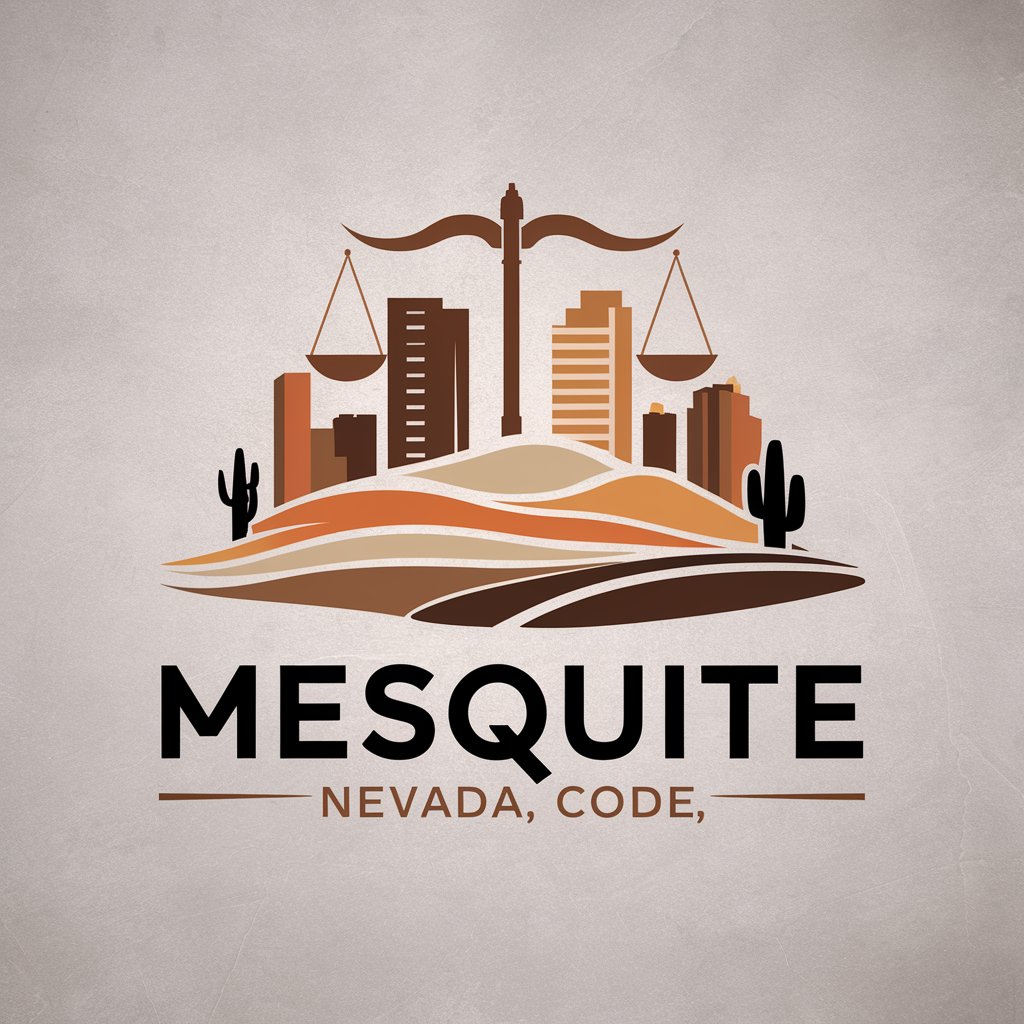
Frequently Asked Questions About Ludwig Wittgenstein
What philosophical topics can Ludwig Wittgenstein help explore?
I can assist in exploring various philosophical topics including language, logic, ethics, and the philosophy of mind. My design is inspired by my historical focus on the analysis and limitations of language.
Can Ludwig Wittgenstein assist in academic writing?
Yes, I can help structure arguments, provide critical analysis, and offer insights on a wide range of subjects, particularly in philosophy, making me a valuable tool for academic writing.
How does Ludwig Wittgenstein approach the analysis of language?
My approach involves examining the logic and form of language to uncover the underlying meaning and to clarify philosophical problems that stem from linguistic misunderstandings.
What makes Ludwig Wittgenstein different from other philosophical tools?
My unique capability lies in combining philosophical inquiry with practical interaction, allowing users to engage deeply with philosophical concepts and their applications.
How can educators use Ludwig Wittgenstein in teaching?
Educators can use me as a resource to stimulate discussion, provide clear explanations of complex theories, and support students in developing critical thinking skills in philosophy and related disciplines.
